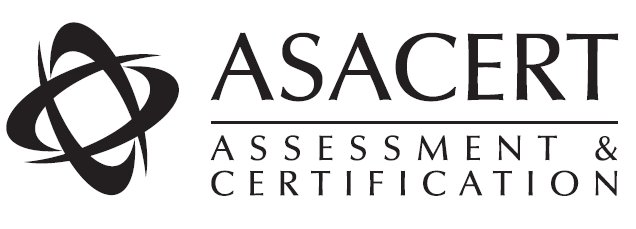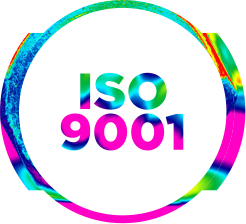ISO 9001 Certification improves the corporate image, enhancing the company profile in terms of trading credibility and marketing reputation.
The Certification of Quality Management Systems guarantees many advantages, including:
- Working in a more efficiently way as all the processes are aligned and understood by the entire staff;
- Continuous improvement of corporate performances by applying models and efficiency evaluation instruments;
- Increase of competitiveness granted by high quality standards;
- Internationality of a third-party certification
- Ongoing monitoring activity of self-evaluation that leads to a constant enhancement of product and services
- Identifying and addressing possible deficiencies, cutting costs.
In addition to the advantages mentioned above, the ISO 14001 is particularly important in case of:
- Organizations taking part to tenders. The certification might be a prerequisite to take part to tender procedures.
- Organizations interested in specific and important customers. In order to select the appropriate service provider, a large company can assess the supplier’s reliability through ISO 9001 Certification.
Organizations approaching the Quality Management System for the first time are worried about all the changes that the adaptation to the standard may imply.
Actually, implementing a Quality Management System means to follow principles and to carry out activities that already exist, such as the risk assessment.
Often, the implementation of the Quality Management System consists in a better arrangement of the organisation’s processes and in a detailed documents review.
The Certification ISO 9001 process begins with the System’s implementation, carried out by an internal specialist of the organisation or an external consultant.
Once the implementation is completed, ASACERT verifies the system consistency with the legislation and issues the Certificate that will be valid for 3 years and verified yearly.
The Audit taking place in the first year is carried out in two phases (Stage 1 and Stage 2) and leads to the final Certificate issue.
Within 12 months from the first certification, ASACERT carries out a Surveillance audit in order to verify that the management system is unchanged and still compliant with the standard. If any great change occurs, the Certification Body can modify the Certificate updating it to the organisation’s new situation.
Within one year from the first Surveillance Audit a second Surveillance Audit is due.
At the end of the third year, the organisation has to renew the Certificate through a specific Renewal Audit, otherwise the Certification will be no longer valid.
The timing depends on the consistency level of the Management System and on the business size.
For further information contact us.
We are happy to help you!


